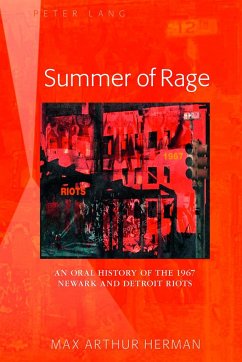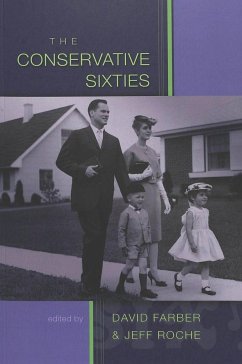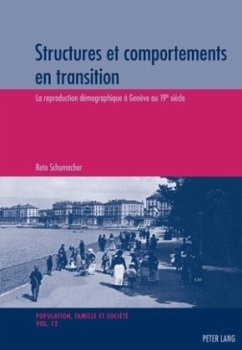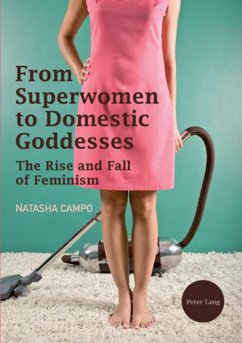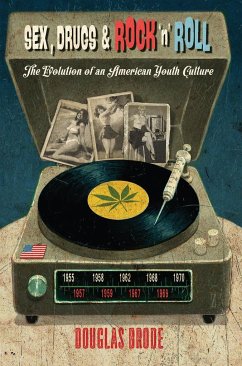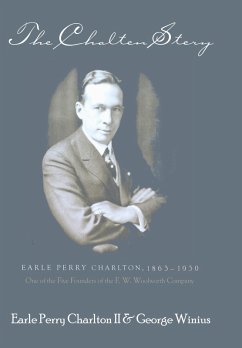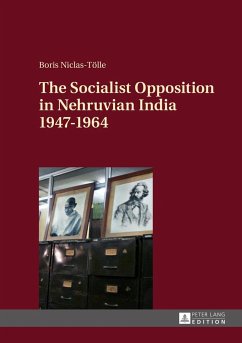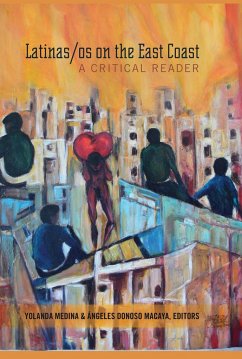«1967: It was a season unlike any American summer before or since, one marked by a spasm of urban unrest that suddenly had multiple impacts on American society then and over the generation that was to follow. At the complicated intersection of race, ethnicity, class, law enforcement, civic decline, and unrest, Max Herman's 'Summer of Rage' deftly brings forth a constellation of memories by veterans of an era when the promise of American opportunity in cities was dashed by fire bells in the night. It is an important, reverting, and persuasive account of the nadir of American urban civilization.» (Clement Alexander Price, Professor of History, Rutgers University-Newark)
«'Summer of Rage' beautifully chronicles the civil disorders/riots
(residents, scholars, and leaders still cannot agree on the correct term) in Detroit and Newark in the summer of 1967, a summer that would come to define the urban uprisings throughout the country and were symbols of racial inequality and decay in the nation's cities.
Max Arthur Herman uses archival materials and in-depth interviews with eye witnesses, police and national guardsmen, and civil rights leaders to paint a vivid picture of the events and their long term effects on both cities from 1967 to the present, when both cities continue to struggle with many of the same problems that led to the summer of rage. Although Newark has witnessed some improvements, especially in its downtown, the Central Ward where the disorders occurred, for example, is still poor, segregated, and continues to have housing, crime, and educational problems. Detroit suffers from dire economic and educational problems and remains one of the most segregated cities in the country.
Using insightful sociological analyses, Herman provides an important understanding of the events and how they shaped the next 45 years and the collective identities of both cities. Herman's portrait of a city still haunted by the past as it struggles to move forward rings especially true.» (Alan R. Sadovnik, Board of Governors Distinguished Service Professor of Education, Sociology, and Public Affairs, Rutgers University-Newark)







